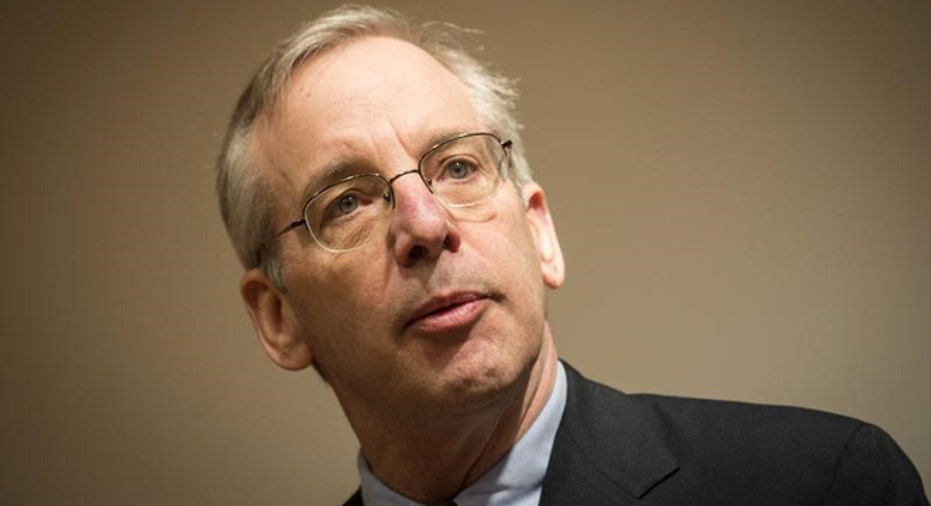Fed's Dudley Sees Risks to U.S. Economic Outlook

An influential Federal Reserve official on Tuesday said he sees downside risks to his U.S. economic outlook, an assessment that could flag a longer pause before the Fed's next interest-rate hike than he and his colleagues had earlier signaled.
"At this moment, I judge that the balance of risks to my growth and inflation outlooks may be starting to tilt slightly to the downside," New York Federal Reserve President William Dudley said in remarks at a conference in Hangzhou, China sponsored by the People's Bank of China and the New York Fed.
Although he said he still expects the U.S. economy to grow about 2 percent this year, enough to push unemployment down and begin to pull inflation up to the Fed's 2-percent target, he added, "on balance, I am somewhat less confident than I was before."
The Fed raised U.S. interest rates in December for the first time in almost a decade, and signaled that it would probably raise rates four more times this year, a gradual pace by historical standards.
The U.S. central bank in December raised its target range for its benchmark policy rate by one quarter of a percentage point, and currently aims to keep the rate between 0.25 percent and 0.5 percent.
Dudley, a close ally of Fed Chair Janet Yellen and a permanent voter on U.S. monetary policy, suggested that the sharp global economic slowdown, stock-market sell-off and oil price slide since the beginning of the year may force the Fed to tighten monetary policy even more slowly.
The Fed put markets on notice for just such a possibility in January, saying it needed more time to assess global developments and their effect on the U.S. economy before offering an assessment of the balance of risks to the outlook.
For Dudley, the jury now appears to be in. With turbulence in global financial markets reflecting mixed economic signals, the risks appear to have increased, and though so far he has left his outlook largely unchanged, continued tightening in financial markets "could potentially lead to a more significant downgrade to my outlook."
Of particular concern, he said, were falling inflation expectations, as tracked both by market pricing and more importantly in his view, by surveys of households. While so far the declines were not dangerously large, if they fell further they could make it more difficult for the Fed to bring inflation back up to its goal.
The Fed next meets in mid-March to consider monetary policy, and is widely expected to leave rates unchanged.
STRONG DOLLAR, CHINA
In a question-and-answer session following his speech, Dudley said the December rate hike was justified.
He said the relative strength of the dollar was a factor in the Fed's decision-making in general, although the U.S. central bank did not have "an objective" for the greenback.
He noted that the dollar had appreciated "quite a bit" in recent months, adding: "a lot of that seems to be well justified by where we are on the economic cycle and the monetary policy cycle".
Asked about China's transition away from investment and export-led growth toward consumption, Dudley said he thought Beijing was on the right course.
"Obviously, this is difficult to manage because it's a big, complex economy so I would not be surprised if there were a few bumps...but I think that I'm quite optimistic that this transition can be managed," he said.
(Reporting by Li Zheng, Sun Qizi, John Ruwitch and Pete Sweeney in China, and Ann Saphir in San Francisco; Editing by Diane Craft and Jacqueline Wong)



















